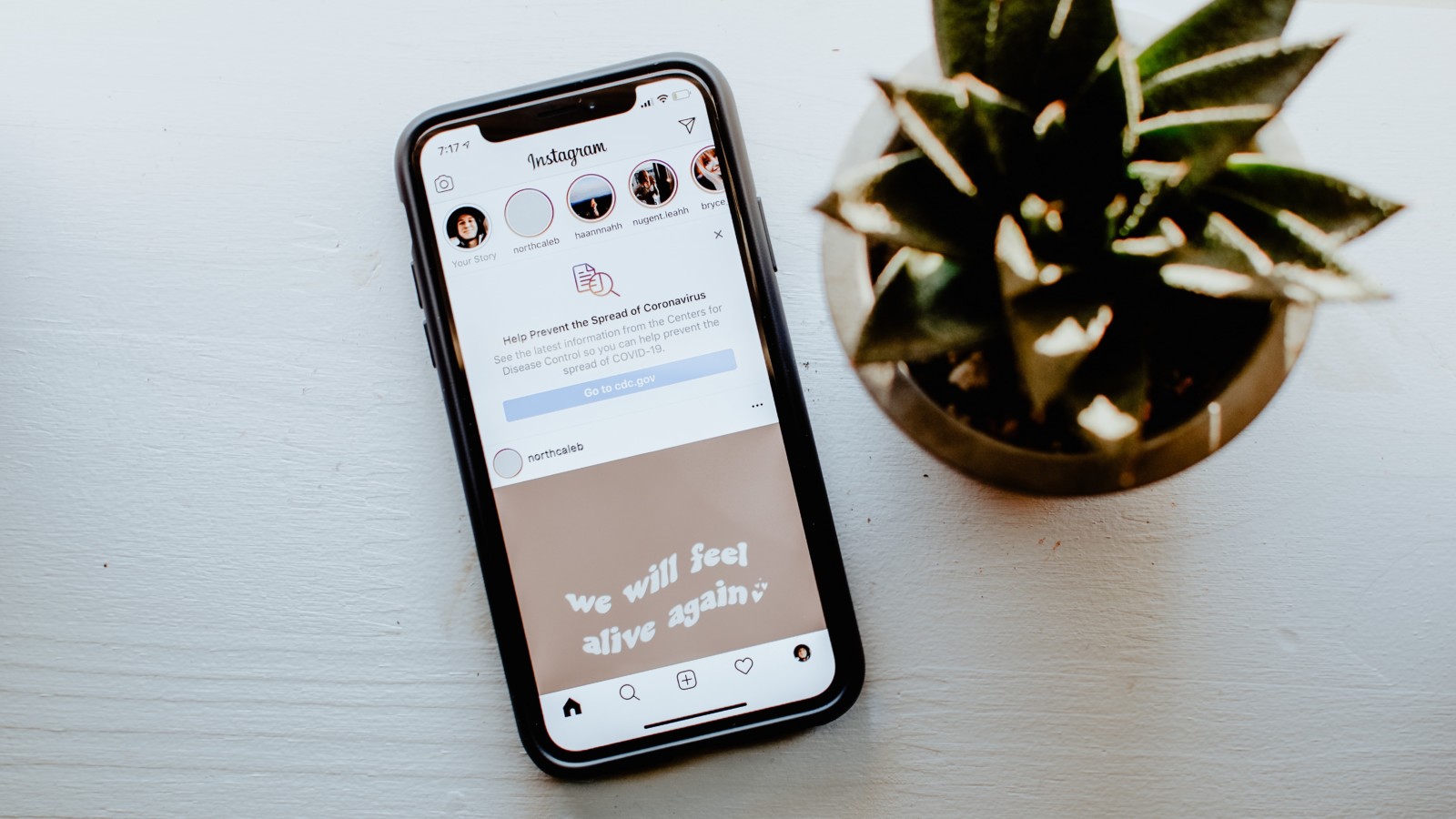Use these strategies to create a filter and a foundation for yourself against social media and online advertisers.
Social media and advertisers online have never had as much influence and impact on our lives as they do now. Their opinions on what beauty and our life should look like can drown out our reality. While there is nothing wrong with wanting to feel beautiful and for brands to use these messages to target audiences (yes, I think there is nothing wrong with it), it does come at a cost.
When we let these images and advertisements into our brains like groceries on a conveyor belt, we need to create a filter that outlines what to throw out. In other words, we need to teach ourselves how to build a foundation with strategies to bring our internal voice back to the forefront. When we are in touch with who we are, advertisements and social media will lessen its’ impact on our mental well-being.
Whether or not you feel social media and online advertising impacts your mental health, here are five strategies you can use to combat the effects of social media on your mind.
1. Fast from social media.
You have probably seen friends post about leaving a platform for a while, and many of us scoff at how they are using this announcement for more attention. Try stepping off of social media without posting. Pick a day to fast and take the app off your phone’s homepage without telling anyone. If you are highly active, let your relatives and close friends know about what you are doing so they won’t worry about your disappearance from the platform. During this time, you might notice yourself reaching for your phone throughout the day and thumbing to Instagram or Tik Tok without even thinking. These habits have become so ingrained in our minds that when you find yourself aimlessly reaching for your phone, you may realize how much social media has become a habit in your life.
2. Make a list of traits you value in a brand.
Brands these days carry a persona. Certain brands might be committed to eco-friendly alternatives, or they back all of their claims with science, etc. Make yourself a list of the characteristics you value, and when you see an ad wedged into your feed, you will immediately tell if they fit your brand values.
3. Use the “Hide Ad” features.
Almost every social app gives you the ability to hide the ad from your feed or report the ad. If you see an advertisement from a skincare company that makes you uncomfortable, find the tiny three dots on the ad, or click on ad choices if on YouTube, and hide the ad. When you do this, Facebook and YouTube will ding the advertiser for pushing ads towards people that don’t like them. These platforms want to keep you on the platform, and if you are letting Facebook know the ad was not suited for you, Facebook will avoid sending you ads from that advertiser.
4. Control what you see.
This tip is especially true for Tik Tok and Instagram Reels. Every interaction you have with content that comes on your feed, the social platform is logging and using to figure out the content to feed you. The main interactions the platforms are using are likes and views. If you like a video about golden retrievers, you will get more videos about golden retrievers. If you watch an entire home renovation video, you will get more home renovation videos. The interaction that tells Instagram and Tik Tok that you don’t like a piece of content is swiping up quickly. If you struggle with body issues and a girl is posing at the beach wearing a bikini, swipe as soon as you can. This action tells the platform “wrong content” and then will log that information into its algorithm. The way we are tracked online is creepy, but it’s good to know you can curate your experience through these strategies.
5. Follow people to help you understand the world.
While many of these tips may make you think, “Wow, I can avoid listening to anyone I dislike.” I would caution you to still look into influencers and or educators who are different from you doing things for the right reasons. You can follow people using the platform to talk about climate change or social justice issues. Following educators who can speak to important topics, you may not fully understand can help open your eyes to the thoughts and opinions you may have missed otherwise.
While social media can have negative consequences, we can bolster ourselves against those consequences by preparing our minds with strategies. We also have to remember that we have control over our experience online. The platforms we engage with want us there, and they know that if they aren’t providing a good experience, we will leave. Use these strategies and come up with your own to take care of your mental health online.


